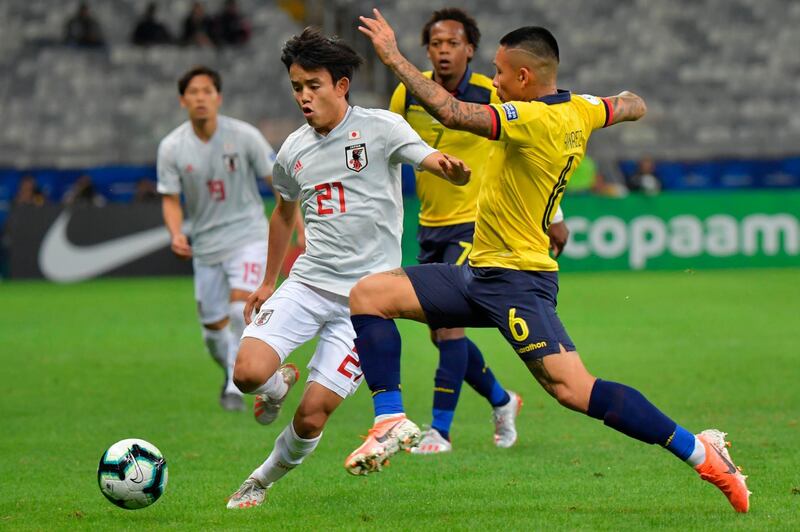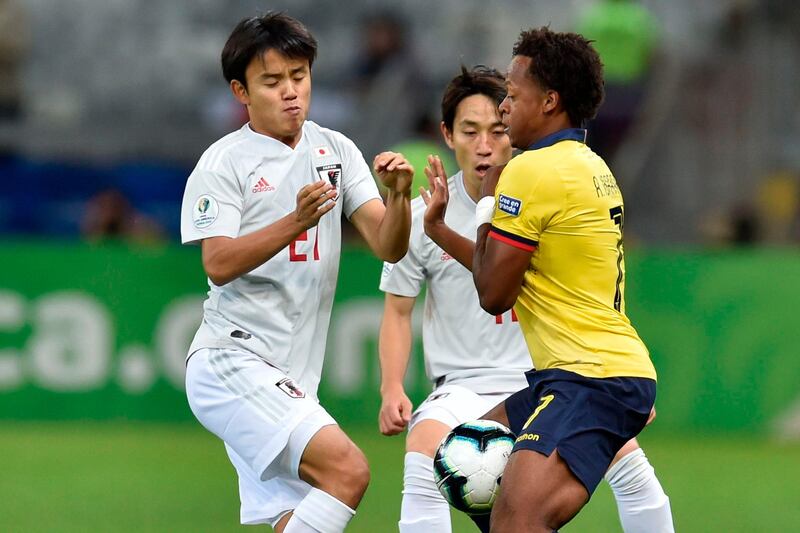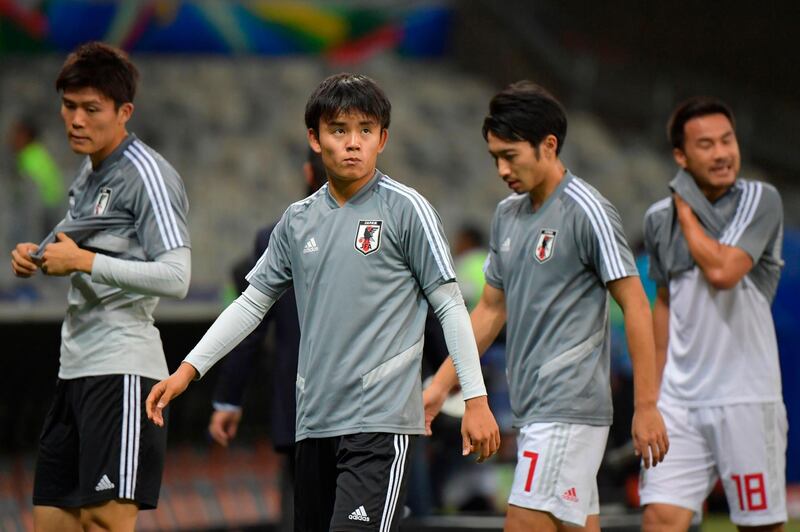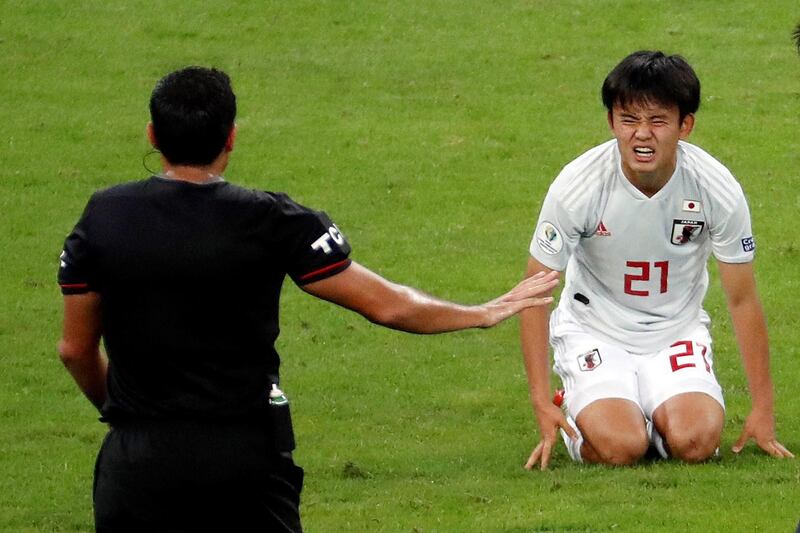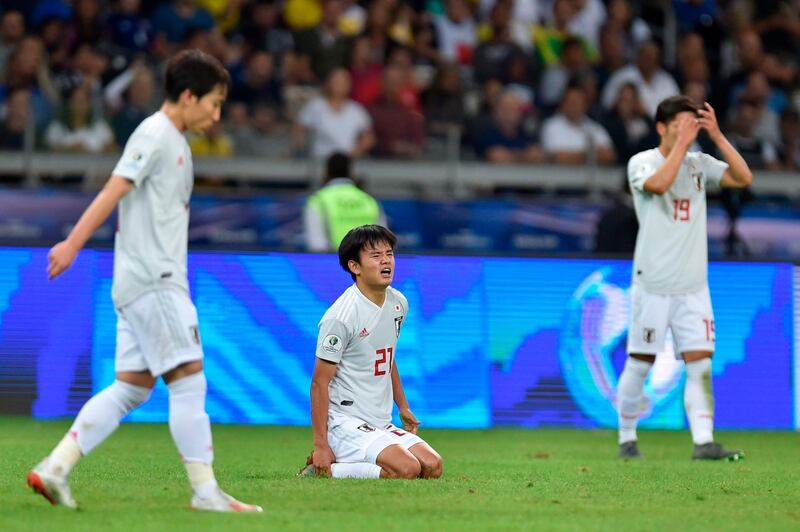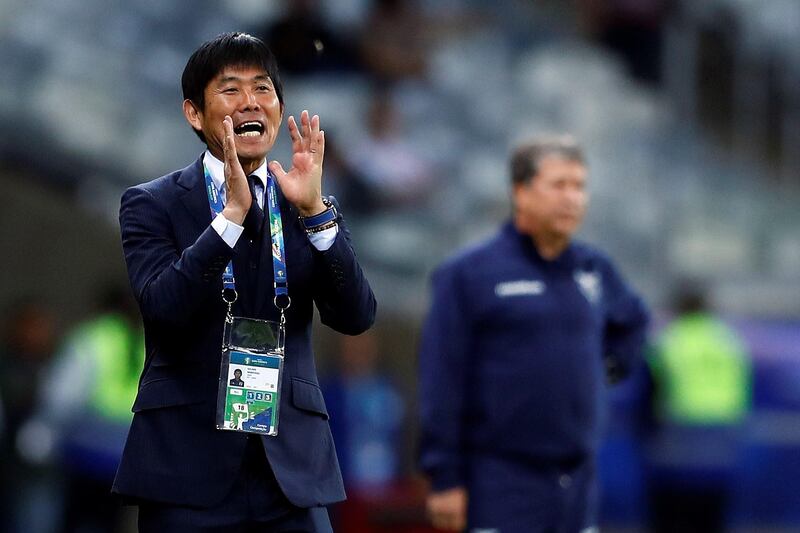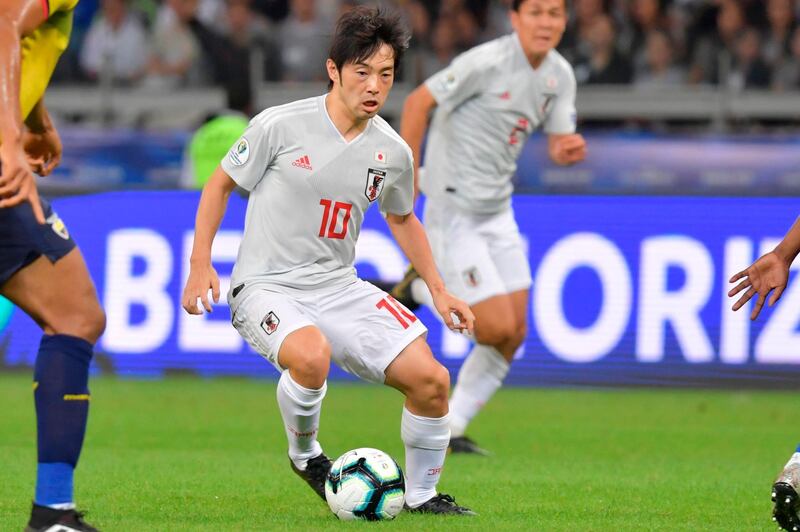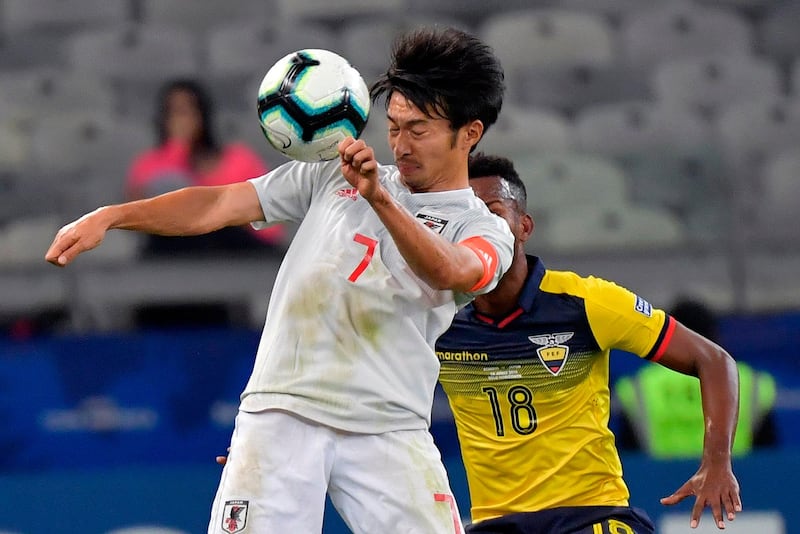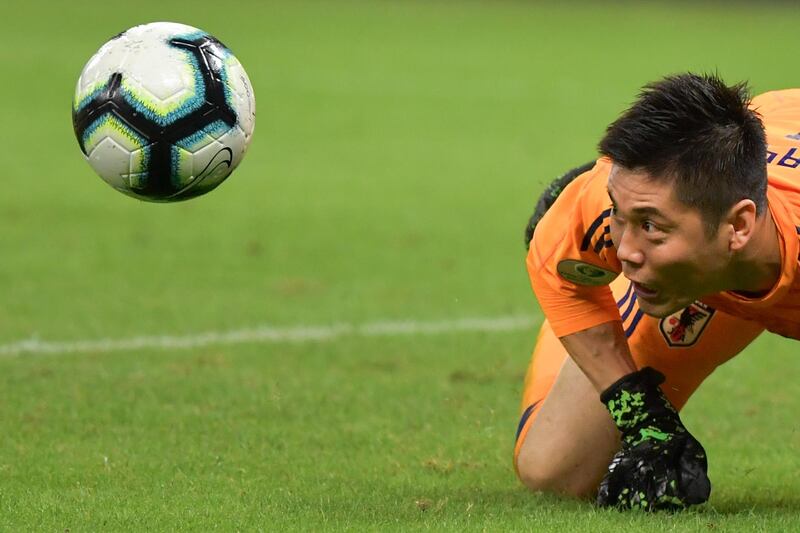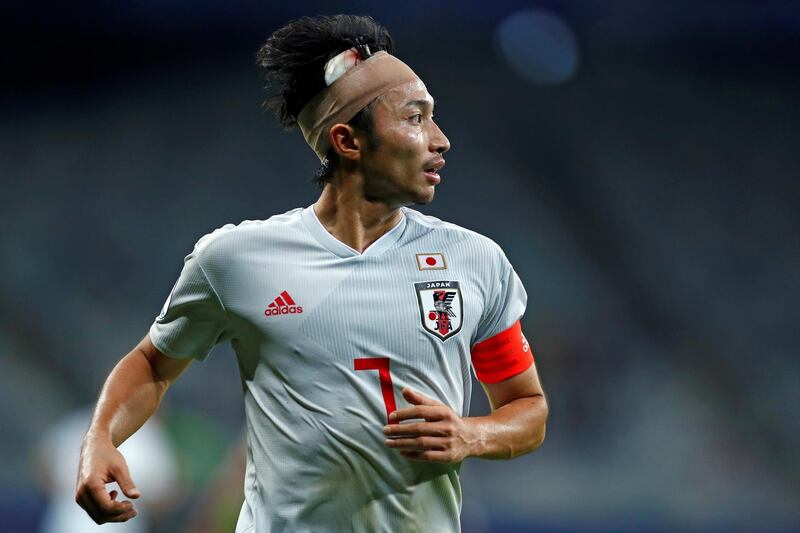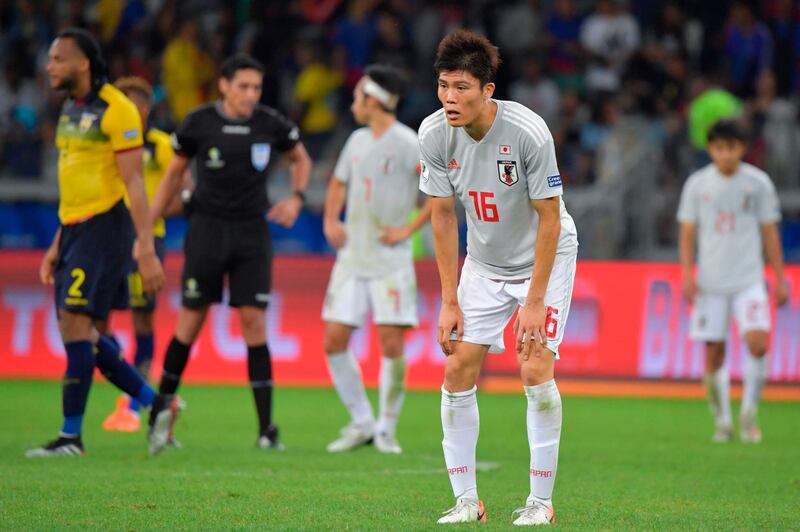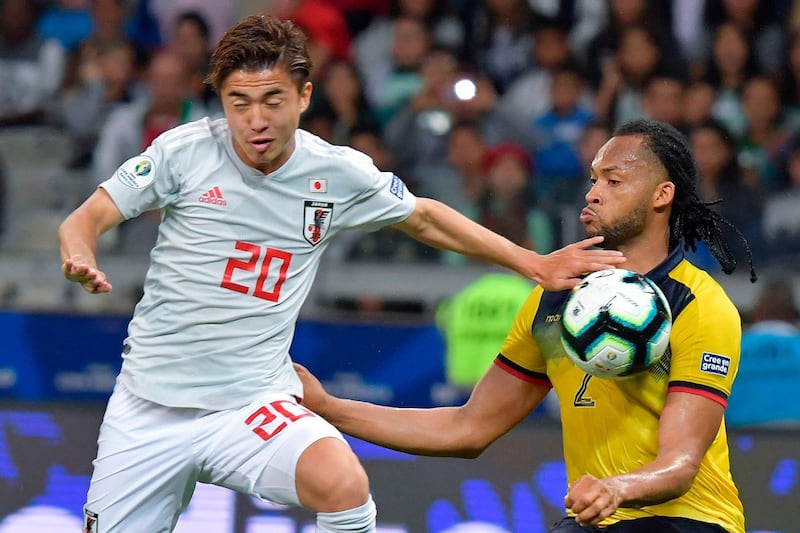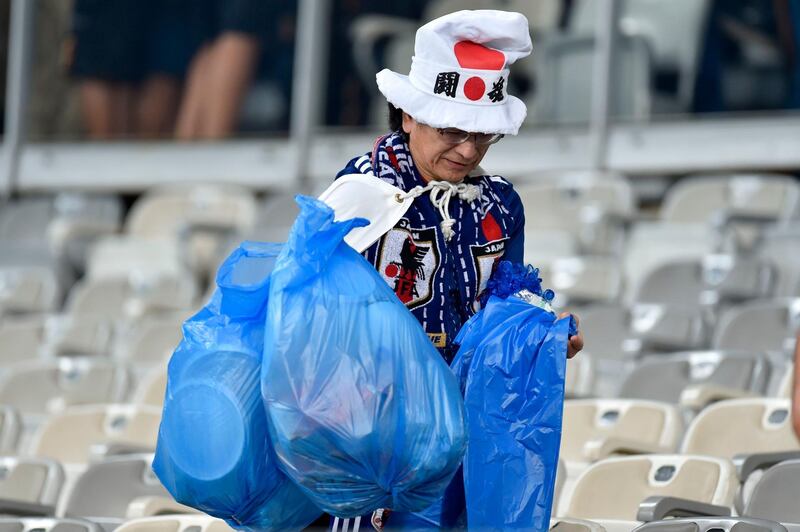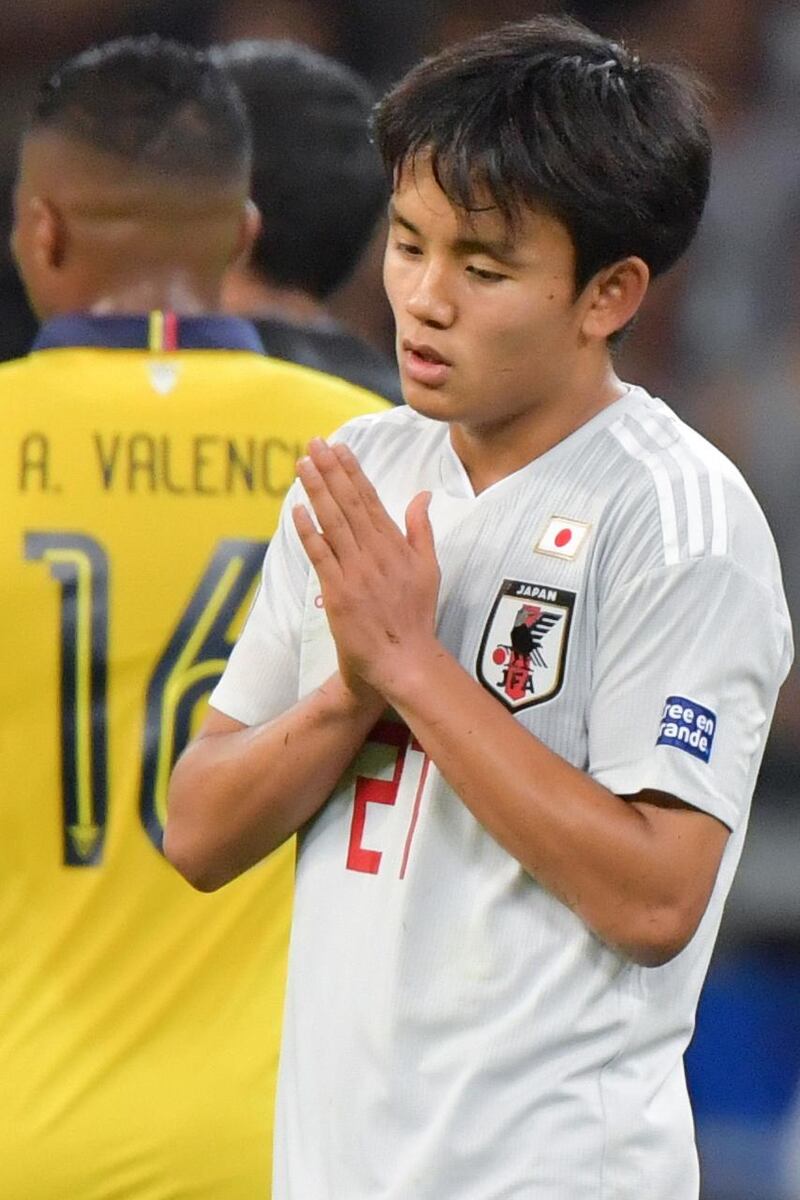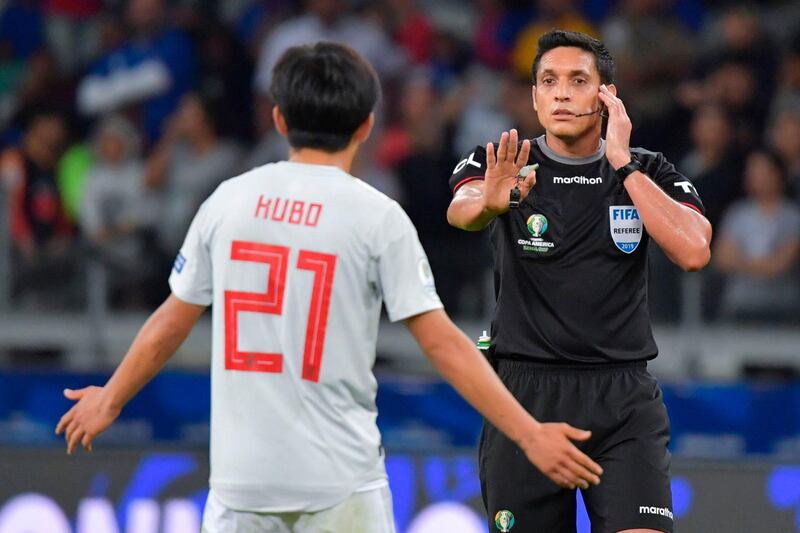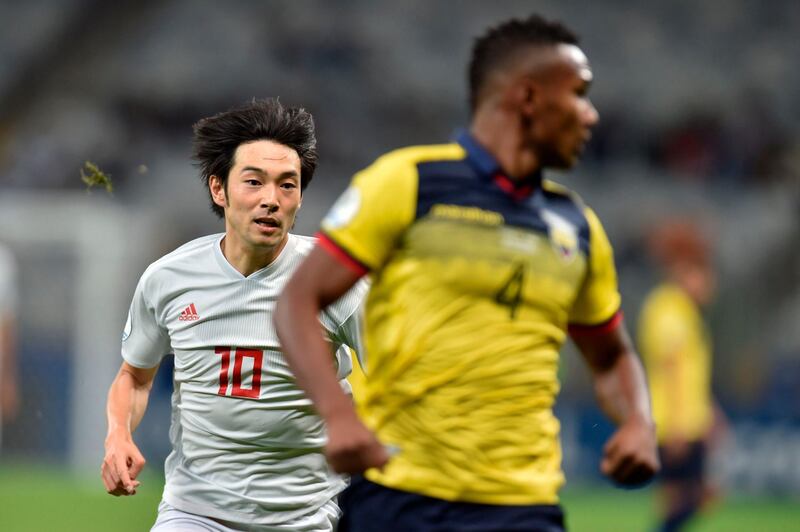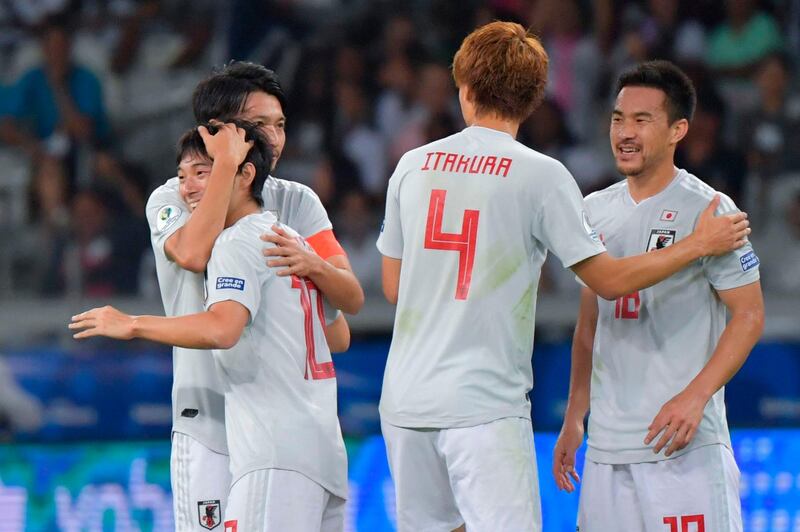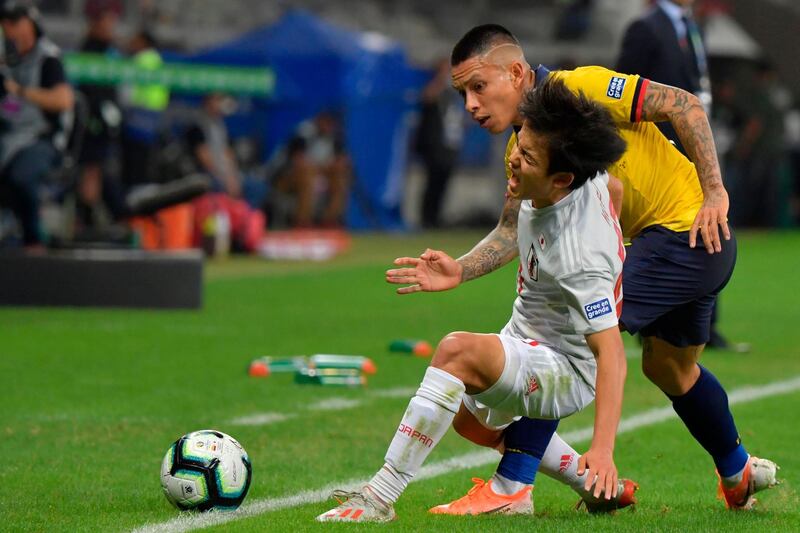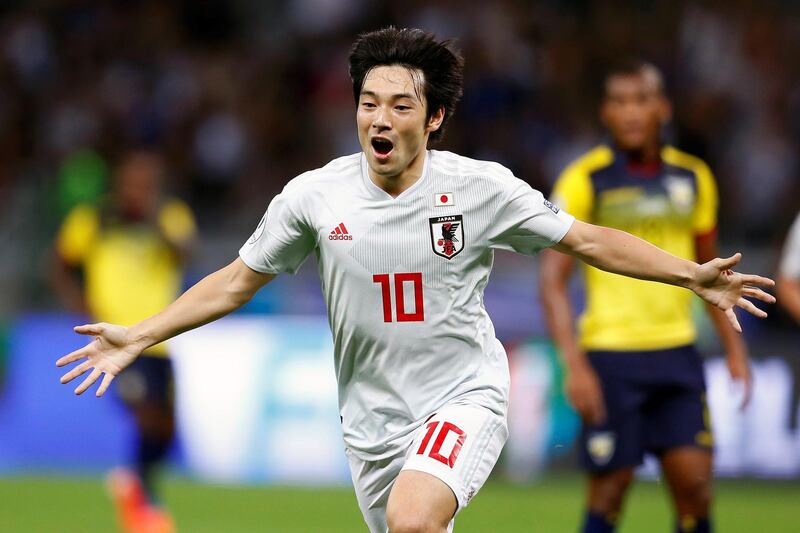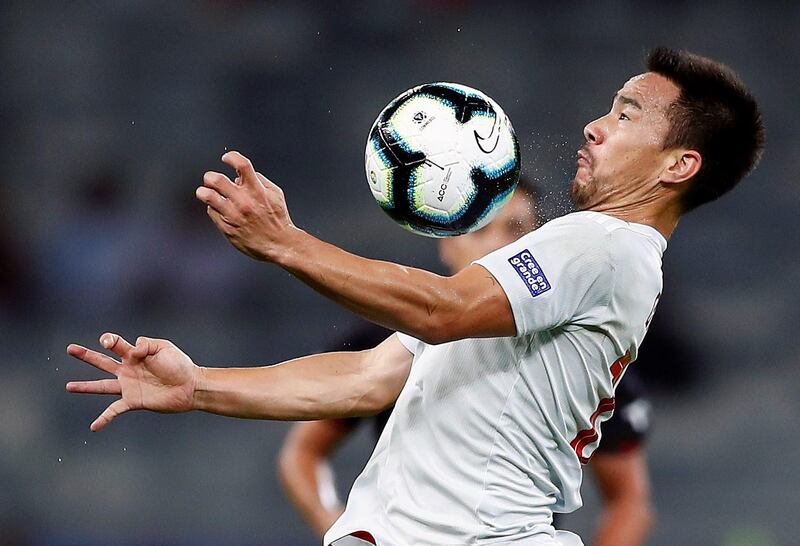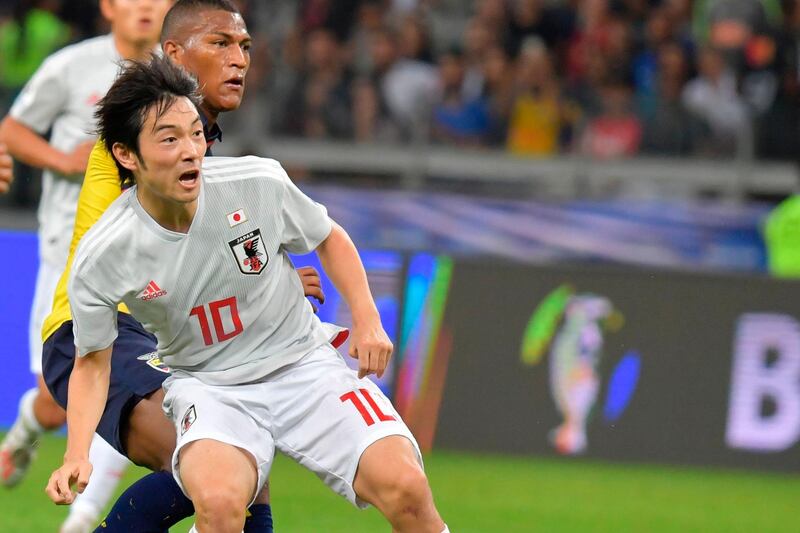After 10 days, 18 games and three full rounds of matches in Brazil, the 2019 Copa America has lost just four of its 12 participating teams. Paraguay, with their two points and three goals, have progressed. It is a tournament as protracted as a summer transfer saga, yet even with such a high threshold for elimination, the two invited Asian sides make up 50 per cent of those heading for the international departures gate.
Japan and Qatar, in their failure to prolong their summer in South America into a third week, do not paint Asian football in a particularly positive light. The two best teams on the continent, the two finalists of the most recent AFC Asian Cup, both knocked-out ahead of the likes of Venezuela and Paraguay. Between them, they managed two points from a possible 18, scored four and conceded 11. Home they go. The two teams that travelled furthest, first back out the door. The same as four of the continent's five teams at last summer’s World Cup.
The AFC: The Always Floundering Confederation?
To make such a statement would be misleading. Both Asian sides played with skill, spirit, and, crucially, a long-term game-plan. While Qatar seek competitive football ahead of the 2022 World Cup for which they have already qualified as hosts, Japan arrived in Brazil with their Under 23 squad. The Japanese Football Association is keen to pump their young players full of the invaluable commodity that is Big Match Experience before next summer’s Olympic Games in Tokyo. It is a strategy they executed to great effect at last year’s Asian Games in Indonesia, where their U21 side reached the final of the U23 competition.
On Monday night in Belo Horizonte, were it not for Ecuador goalkeeper Alexander Dominguez's outstretched foot late in their 1-1 draw, Japan would have qualified as the second-best third-placed team. Were it not for a linesman's flag deep into stoppage time, Japan's Takefusa Kubo would have ramped up the already ramped-up hyperbole surrounding him and seen his volley secure his side passage to the quarter-finals. Instead it is Paraguay who face Brazil and the 18-year-old Real Madrid recruit who faces a long flight home.
Paraguay's progress ahead of an Asian invitee will be welcomed in some parts of South America. Paraguay's Argentine manager, Eduardo Berizzo, said the Copa America should only be for teams from the Americas. Venezuela's Rafael Dudamel, meanwhile is, for better or worse, clearly no believer in omotenashi, the Japanese expression that combines exceptional politeness with an eagerness to maintain harmony and avoid conflict.
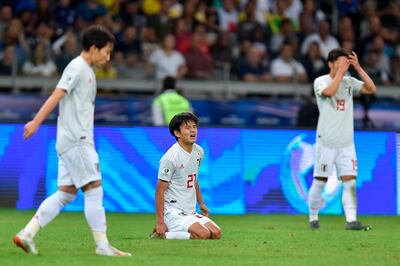
Asked by The National about Asian sides' participation in the world's oldest international football tournament, Dudamel became the first person to likely ever question the respectfulness of the Japanese, a nation whose football fans, let's not forget, remain in stadiums long after matches finish to pick-up other people's litter.
“I do not agree with guests such as Japan, who have come here with an Under 23 team — they have shown a lack of respect for our competition,” he replied. “I raise my voice and want to make myself clear: Copa America should only be for Conmebol teams. We have not seen South American teams being invited to the African Cup of Nations or European tournaments. We have to respect the hierarchy that we have historically built.”
The problem for Conmebol — and the reason Dudamel’s raised voice will still fall on deaf ears — is the South American confederation only has 10 member associations. Until the day Guyana, French Guiana and Suriname switch to their geographical governing body from their adopted Concacaf, outsiders will continue to be required to make up the numbers in the knockout format that Conmebol prefers. It is why guest nations have been invited since 1993 and why next year’s tournament will see Qatar joined by Australia.
"The gap between Asia and South American teams is getting smaller," Hajime Moriyasu, the Japanese manager, told The National. "In order to get from being very close to winning to a level where we can actually win, we still need a big improvement, but the level of football in Asia is getting better. We can go toe-to-toe with the South American teams."
After an opening night 4-0 loss to Chile, Japan impressed to draw 2-2 with group winners Uruguay, whose famously miserly defence was not breached by either of their other opponents. Shinji Okazaki, a Premier League winner with Leicester City, said it would be "not fair" to look at the final group standings and deduce that Asia is far behind South America. Eiji Kawashima, the veteran goalkeeper, added the future is bright.
“Although we couldn’t qualify, we showed that Asian football is improving and we’re playing at the same level [as South American teams],” Kawashima said. “I know there was criticism but with this young team, I saw their potential. The first game we didn’t have enough time to prepare, but in the end we were able to show our potential of the next generation of Japan. And we can improve further.”
